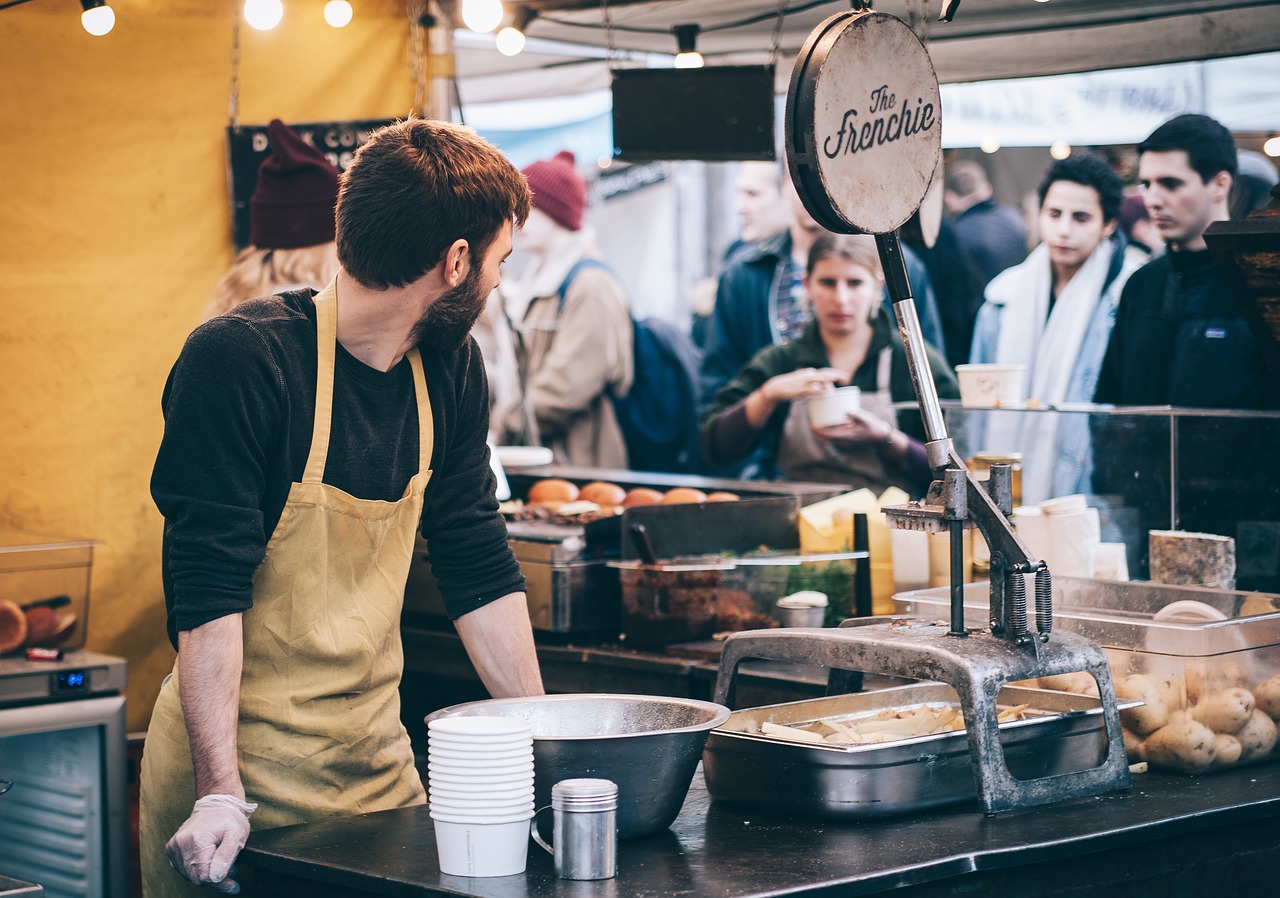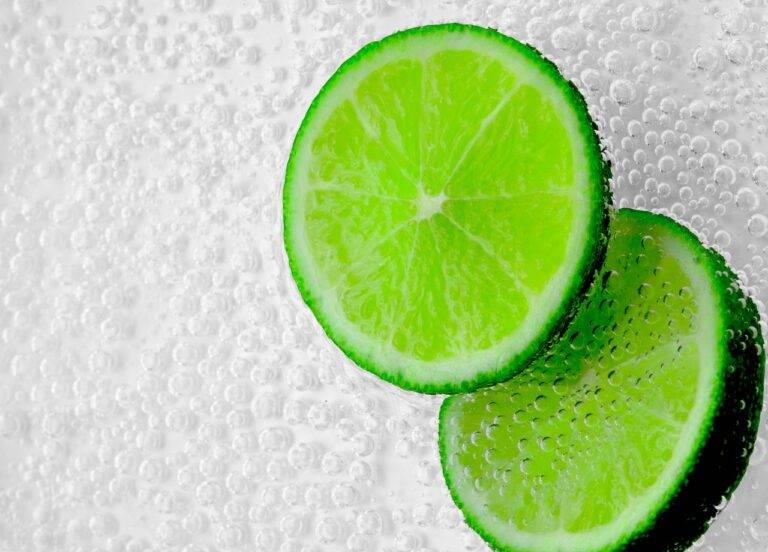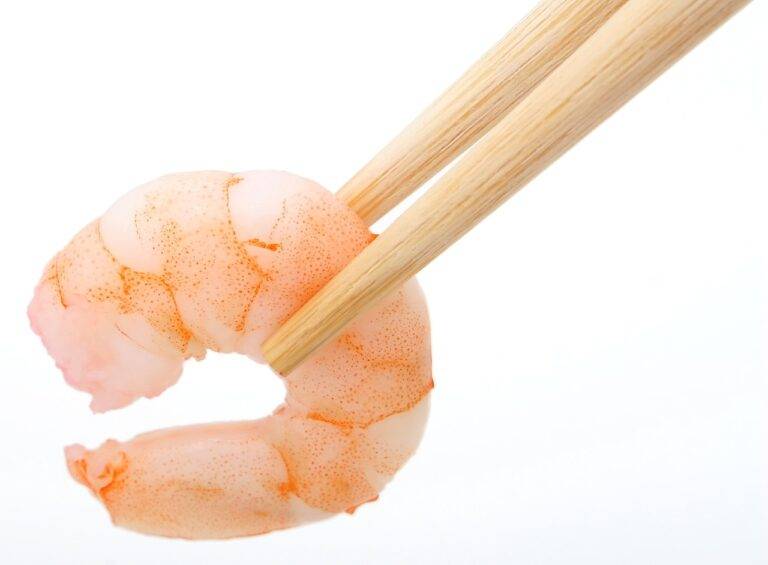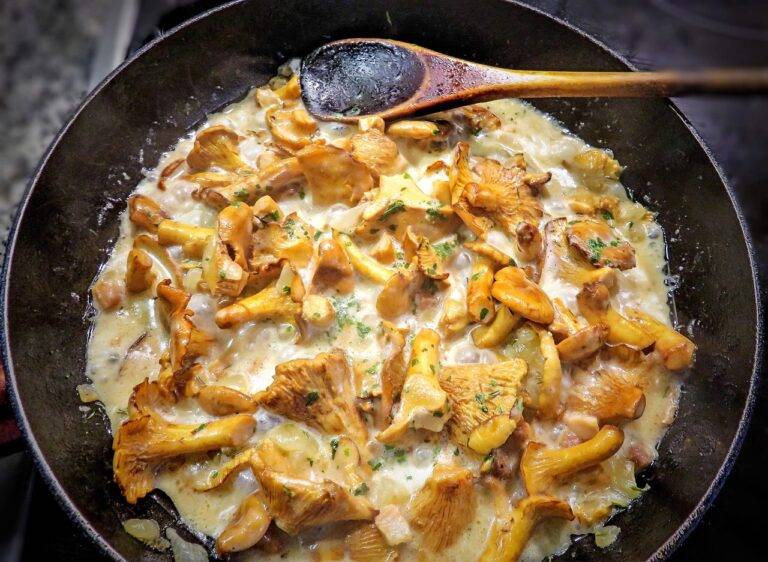Exploring the World of International Hot Beverages
Hot beverages hold a special place in different cultures across the globe. From the strong and aromatic Turkish coffee to the creamy and indulgent Italian cappuccino, each region boasts its own unique variants of hot drinks that symbolize tradition and hospitality.
In Japan, matcha green tea is a popular choice, known for its vibrant green hue and earthy flavor profile. Meanwhile, in South America, mate tea is a staple drink that is often shared among friends and family, promoting connection and camaraderie. The diversity of hot beverages worldwide reflects not only varying flavor preferences but also the social significance attached to the act of sharing a warm drink with others.
Traditional hot beverages in different cultures
In Japan, green tea holds a revered place in the culture, often enjoyed during traditional tea ceremonies. The brewing and serving of green tea involve precise rituals and are considered a form of art. Matcha, a finely ground green tea powder, is also popular and has gained worldwide recognition for its distinct flavor and health benefits.
In Morocco, mint tea, known as “atay nana,” is an integral part of the social fabric, symbolizing hospitality and friendship. The tea is traditionally served in small glasses, poured from a height to create a frothy layer on top. The blend of fresh mint leaves, green tea, and sugar offers a refreshing and aromatic experience that is enjoyed throughout the day.
What are some types of hot beverages consumed around the world?
Some popular types of hot beverages consumed around the world include coffee, tea, hot chocolate, chai, mulled wine, and mate.
How do different cultures traditionally prepare their hot beverages?
Different cultures have unique methods of preparing their traditional hot beverages. For example, in Turkey, coffee is prepared in a cezve, while in Japan, matcha is whisked with hot water in a bowl.
Are there any health benefits associated with traditional hot beverages?
Many traditional hot beverages are believed to have various health benefits. For example, green tea is known for its antioxidant properties, while ginger tea is believed to aid digestion and boost immunity.
Can traditional hot beverages be enjoyed at any time of the day?
Yes, traditional hot beverages can be enjoyed at any time of the day, depending on cultural norms and personal preferences. For example, coffee is commonly consumed in the morning, while herbal teas are often enjoyed in the evening.
Are there any specific rituals or customs associated with the consumption of traditional hot beverages?
Yes, many cultures have specific rituals or customs associated with the consumption of traditional hot beverages. For example, in Japan, matcha is often enjoyed during tea ceremonies, while in England, afternoon tea is a popular social tradition.





